What is Socratic Parenting?
This post may contain affiliate links.
Guest post by writer, lawyer and mother, Laurie A. Gray, JD.
“Imagination is more important than knowledge.” 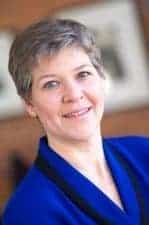 –Albert Einstein
–Albert Einstein
I’m a big fan of Socrates—Plato’s teacher—who had to drink poison hemlock because he drove everyone crazy with his constant questioning. The gods said he was the wisest man in Ancient Greece, but Socrates said if he was wise at all it was because the only thing he knew for sure was that he didn’t really know anything. This is a great approach to both teaching and parenting. Rather than trying to convince kids that we have all the answers, we can engage kids in dialogues that encourage them to think for themselves. And there’s no better way to do that than by reading together.
Ask Open-Ended Questions
Regardless of what you read, when you read with your child, you can engage him in a meaningful dialogue. Don’t just read for content. Enjoy the stories and explore the elements. The key is to ask open-ended questions and really listen to what your child says. Some helpful open-ended questions are “What did you like about…?” or “What did you think about…?” or “What else might [character] have done?”
Really Listen
Give your child time to answer. Respond with something that acknowledges rather than judges the answer as good or bad, right or wrong. Easy ways to acknowledge are to restate what you heard your child say, say something neutral like “I see,” or ask more focused follow-up questions. Together you can identify and acknowledge the feelings, motives and conflicts the characters experience. This empowers kids to identify their own feelings, motives and conflicts and begin to live with more self-awareness.
Take Turns Picking Books
The greater variety of books you read together, the broader the assortment of interesting conversations you’ll have as a family. Let each family member, especially your child, pick her fair share of the books. This shows her that you value her choices and opinions. And as we practice articulating our own ideas more clearly, we learn to accept alternative points of view and to appreciate that questions that have a “right” answer might not be the best kinds of questions to help us really learn and grow.
“Know Thyself”
The essence of who we are and what we believe permeates our stories. The characters live on in on in our hearts and minds and, like good friends, become a part of who we are. Reading together is an excellent way to get to know ourselves and our children.
Bio: An author, attorney, teacher and parent, Laurie Gray is the founder of 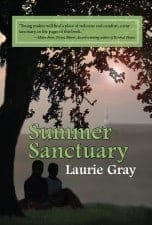 Socratic Parenting LLC. Her young adult novel Summer Sanctuary (Luminis Books/May 2010) is an excellent book to read together with your middle grade students. Summer Sanctuary recently won the Moonbeam Children’s Book Gold Medal.
Socratic Parenting LLC. Her young adult novel Summer Sanctuary (Luminis Books/May 2010) is an excellent book to read together with your middle grade students. Summer Sanctuary recently won the Moonbeam Children’s Book Gold Medal.
Melissa’s Note: Thank you so much, Laurie! I love what you say about asking open ended questions, and knowing yourself. I totally agree!
What strikes you, readers? Does this resonate with you?
*** Don’t miss the book, Different Learners, by Jane Healy – it’s fascinating brain research that applies to many children.

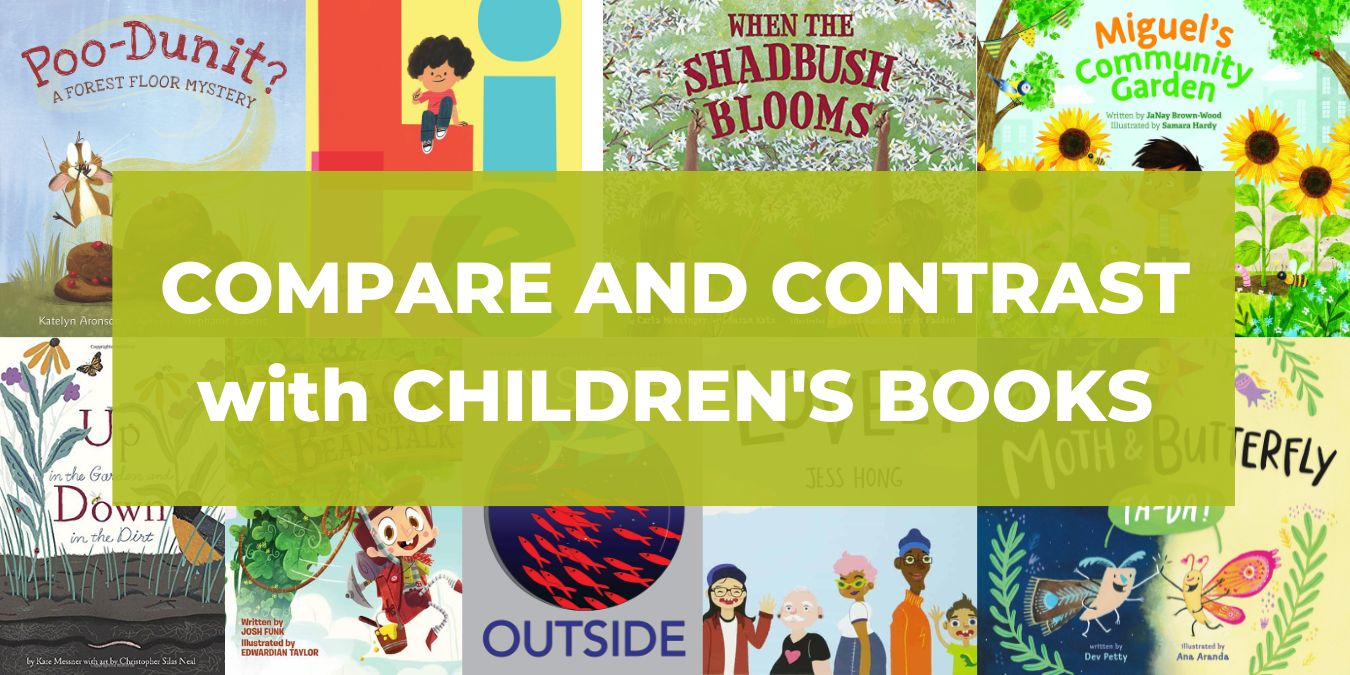
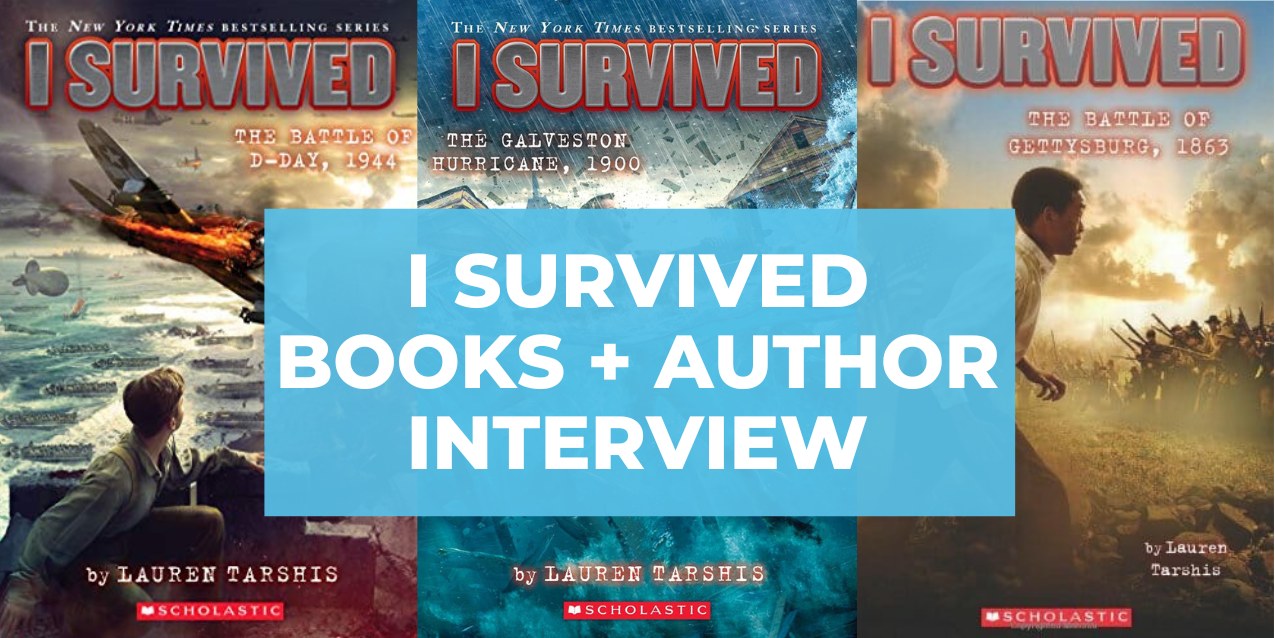
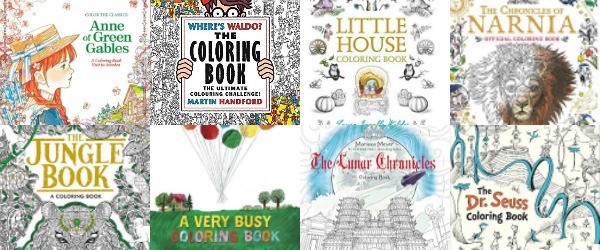
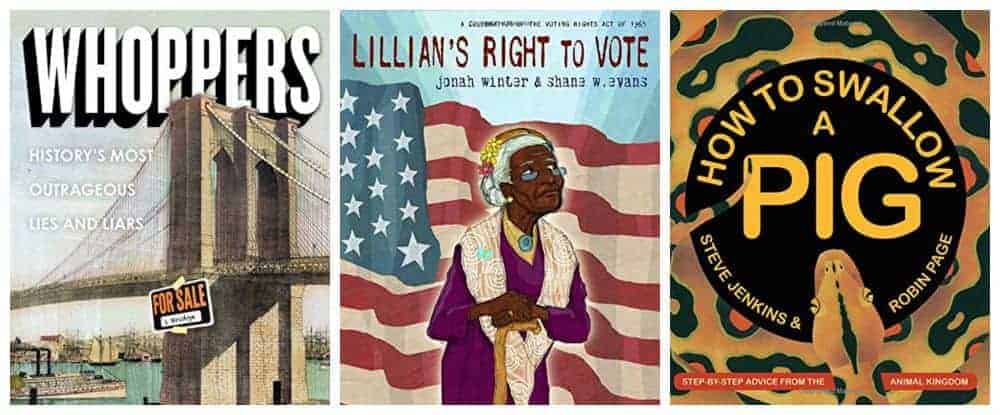
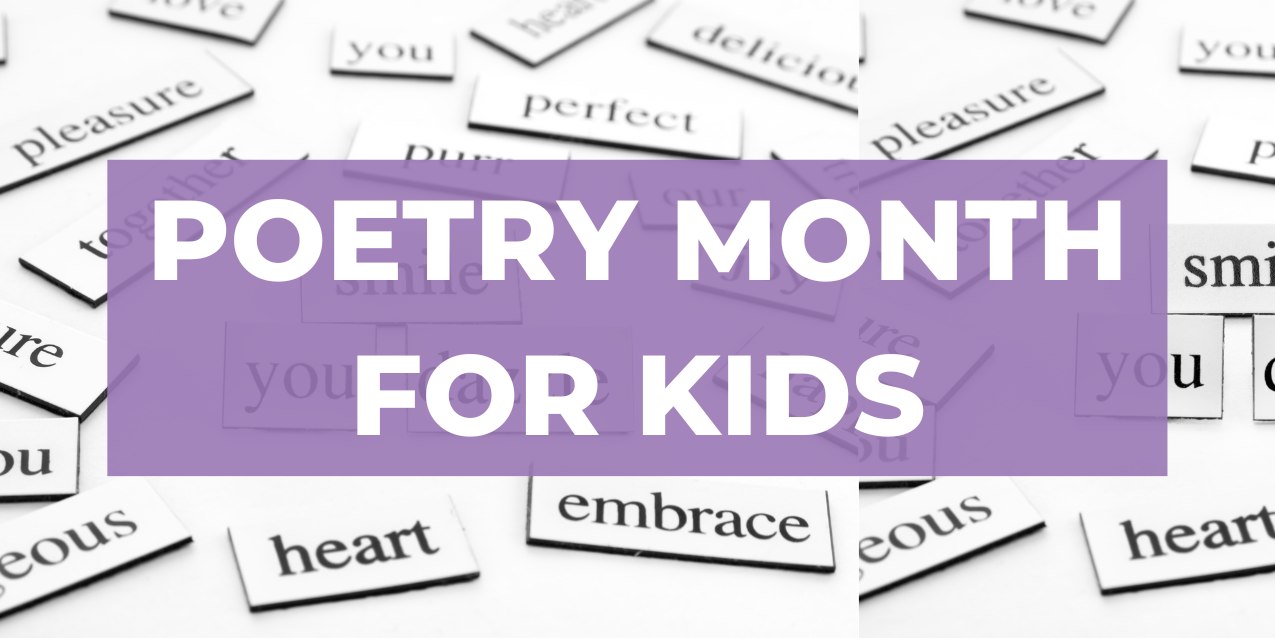
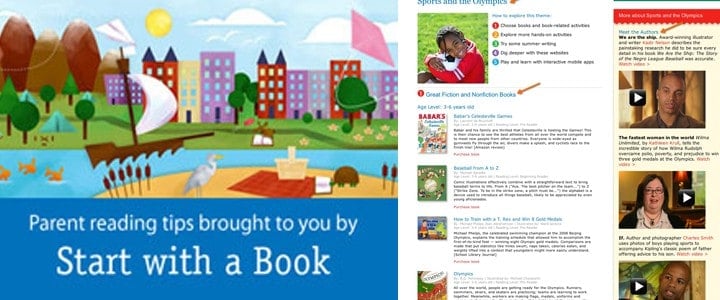
It’s in fact very complicated in this full of activity life to listen news on Television, therefore I only use world wide web for that reason, and get the newest news.